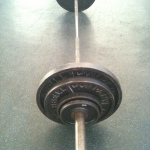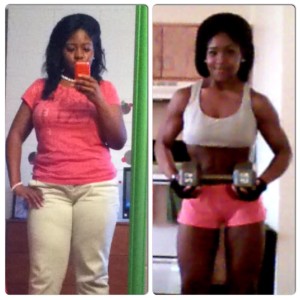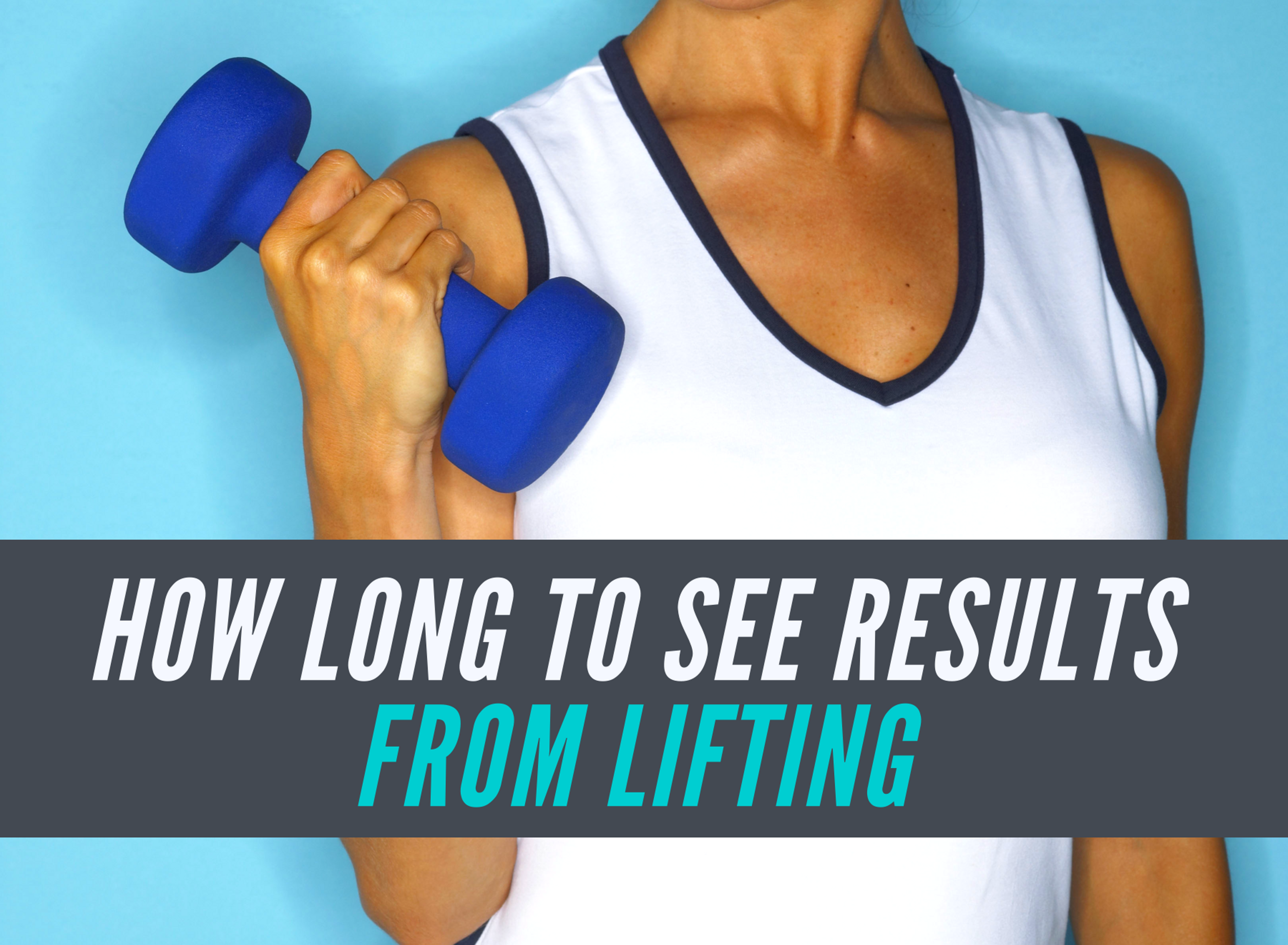If you’ve dieted in the past or are currently dieting, you may have experienced (or heard recently about) metabolic issues. Headlines, infomercials, and even your fave fitspo are doling out method after method for how to “fix” the damage done to your metabolism. We hunt for the best foods, drinks, supplements, workouts, and “bulletproof” ways to turn back the hands of time (dang you, aging process!!). Some are in denial, others using it as a crutch – but we can’t deny that our metabolisms seem to be doing everything in their power to work against us.
But what if the one aspect that we often glaze over/assume is negotiable when seeking to rebuild our metabolisms, is key to pulling this whole thing off? And where the heck does dieting (and finally losing that weight) come in to play?
When you’re dieting, the amount of calories you burn literally becomes less – anywhere from 300 (average) to 800 calories fewer. This change can happen in as little as a two month time frame because of what dieting does to our metabolism. This adaptation, in addition to the natural aging process of the body that also slows the metabolism, can create the perfect backdrop for what is now trending as “metabolic damage.”
The effects of short bouts of dieting can affect your body for up to a year. Longer/repeated bouts can make this unwanted adaptation last even longer! The approach of eating less and working out more has a failure rate of 95%. For a generation that has more diet plans, health food stores, gyms (and internet access to pics of the fittest people on the planet) than ever before, the obesity epidemic is only rising. And it’s not for lack of trying…or at least not in full.
 Sedentary lifestyles (thanks again, technology!), of course, contributes heavily to slowed metabolic rates. Hormones also affect metabolism, as do environmental pollutants. Out of all these things, though, your muscles relationship to your metabolism carries the highest weight (literally). Most diets place primary focus (and success rating) on the amount of weight loss. However, twenty to fifty percent of the loss you experience during a typical, low-calorie/high cardio diet is muscle mass. Seventy-five percent of your BMR (basal metabolic rate) — the amount of calories you burn just being alive — is composed of your muscle. Therefore the more muscle you have, the higher your BMR becomes. And vice versa.
Sedentary lifestyles (thanks again, technology!), of course, contributes heavily to slowed metabolic rates. Hormones also affect metabolism, as do environmental pollutants. Out of all these things, though, your muscles relationship to your metabolism carries the highest weight (literally). Most diets place primary focus (and success rating) on the amount of weight loss. However, twenty to fifty percent of the loss you experience during a typical, low-calorie/high cardio diet is muscle mass. Seventy-five percent of your BMR (basal metabolic rate) — the amount of calories you burn just being alive — is composed of your muscle. Therefore the more muscle you have, the higher your BMR becomes. And vice versa.
This is important to understand in the scheme of weight loss. Striving to lose only weight – while paying little attention to where the weight comes from – is destructive to the maintenance of any perceived success. And if you’ve ever lost and regained weight before, you know that keeping the weight off is harder than getting it off in the first place. The second you go back to eating “normal,” game over.
So while you may end up weighing less after any given diet, it will be to the detriment of your metabolism. Those who simply lose weight from dieting, require less calories to maintain that weight than someone (of the same weight) who has never dieted. The more times you repeat this process, the lower your calorie requirements are. It’s a nasty metabolic game that you don’t want to play, and will likely never win.
Regardless of whether or not you want a muscular look, they key is the look that you want (less fat), without having to reduce calories into oblivion, requires muscle. The point of resistance training is to preserve the muscle mass you have and build more. If your muscle mass is decreasing due to the diet you’re on, then your plan of attack is counterproductive. Set your diet/exercise plan up for success. Dieting with no exercise will result in the highest loss of muscle. If you’re dieting with some cardio, you will lose slightly less muscle. If you’re dieting and doing resistance training, you will lose little to no muscle – this is key!
The bottom line? The best way to fix your metabolism is to build and rebuild muscle mass, not just lose fat (or worse, lose weight). Having more muscle will increase the amount of calories that your body requires, and will aid you in finally losing the fat. If you’ve already played Metabolic Roulette for longer than you can remember, then the steps to healing your metabolism will eventually become inevitable. Eat and exercise in a way that keeps or adds to the muscle mass you already have and you’ll be heading in the right direction to fix and maintain your metabolism at its highest efficiency.

Should you just do cardio to lose weight? How heavy is heavy lifting? Do "strength" DVDs count? What if you don't want to lift? Sign up now for in-depth info on strength training and fat loss. You'll also receive special vids and free workout plans to help you get the most from your time in the gym.
No worries, we hate spam too!
Discover more from Eat More 2 Weigh Less
Subscribe to get the latest posts sent to your email.




Recent Comments